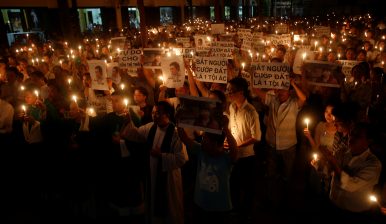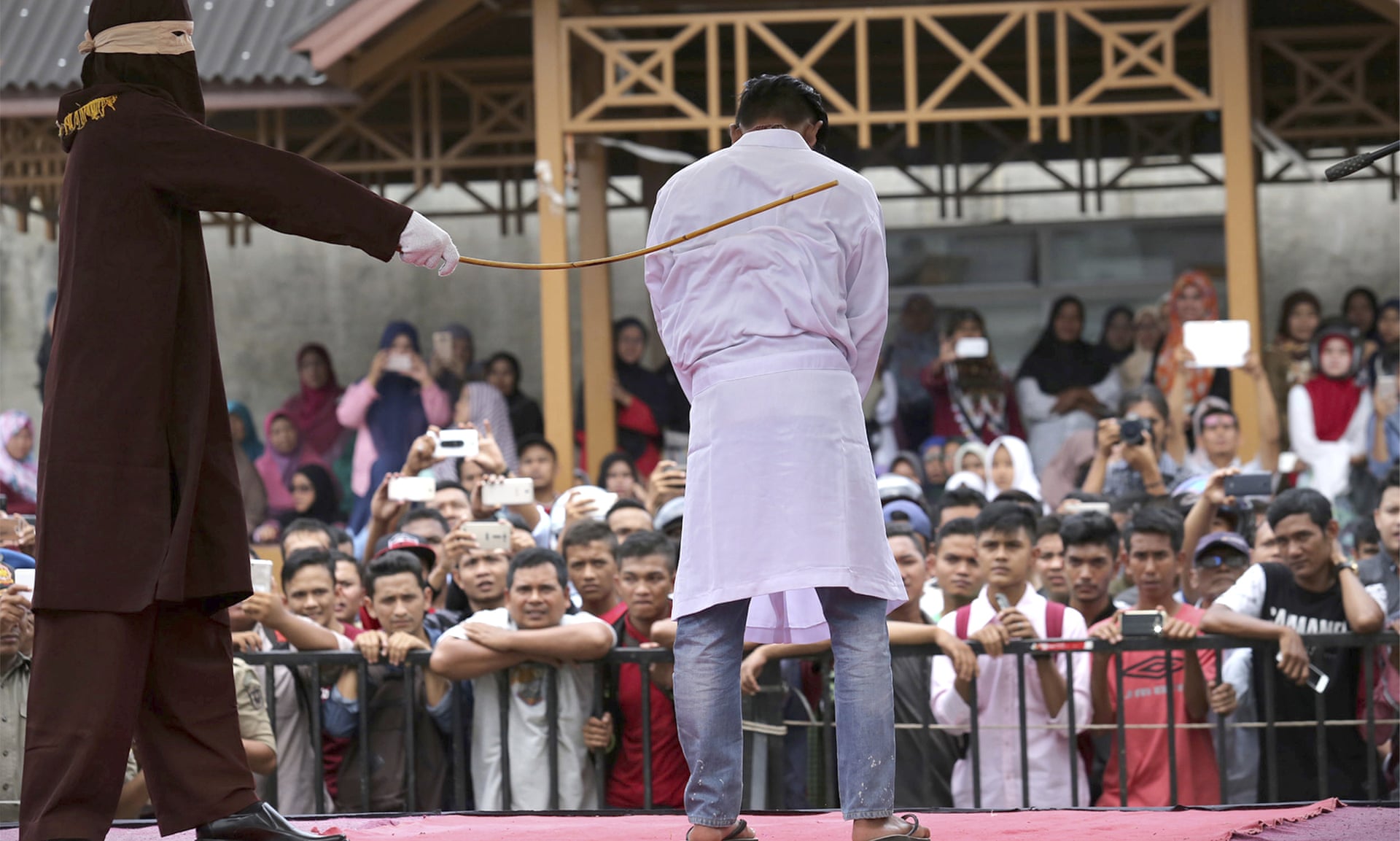By: Nicole Hoerold
Impunity Watch Reporter, Asia
HANOI, Vietnam – The Vietnamese government is receiving international criticism for its human rights offenses. According to a study which measures global levels of human rights offenses, Vietnam is considered one of the world’s most authoritarian police states. Activists are concerned that too little attention is paid to the human rights abuses in Vietnam, despite the fact that its neighboring states are often criticized for their offenses.

One major human rights offense propagated by the Vietnamese government is the imprisonment of anyone voicing political opposition to the communist state. Amnesty International reports that Vietnam detained 91 prisoners for their political beliefs in 2016, eight of which were journalists.
Amnesty International has also called attention to Vietnam’s execution rate, as it is the third largest executioner over the last three years. The government executed 429 people between August 2013 and June 2016, the human rights organization reported. The high death toll raises questions about the victim’s cases, legal proceedings, as well as the nature of their crimes. The government, however, has yet to release answers to such probes.
Vietnam is a communist country, so the government is able to control much of society, culture, and political philosophy. Recently, citizens have begun to act out in protest against the government and in favor of more rights and liberties. Villagers in a Hanoi suburb are holding twelve police officers and more than a dozen others hostage over a land dispute. The government attempted to seize land for official use, but villagers were unhappy with the stipend they were paid in turn. Activists are applauding the effort and encourage more to speak out against oppressive state action.
For more information, please see:
The Diplomat – Vietnam’s Quiet Human Rights Crisis – 17 April, 2017
Foreign Policy – This Village In Vietnam Is Holding A Dozen Police Officers Hostage – 17 April, 2017



